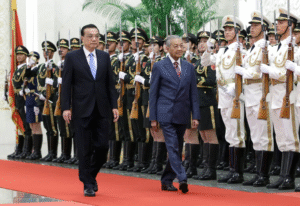Efforts to restore peace in the Democratic Republic of Congo (DRC) remain fragile and require consistent international pressure and support to move forward, according to regional analysts and diplomats. Despite a series of peace agreements and dialogue efforts, violence persists in eastern provinces, where armed groups continue to destabilize communities and displace civilians.
The DRC government has engaged in multiple initiatives aimed at disarming militias and fostering reconciliation, including talks with neighboring countries under the auspices of regional blocs such as the African Union and the East African Community. While these steps have been welcomed, progress has been uneven, with many agreements failing to hold due to limited enforcement mechanisms and ongoing mistrust among stakeholders.
Observers argue that international engagement is crucial, not only in applying diplomatic pressure but also in providing financial and logistical support for peacekeeping operations. The United Nations maintains one of its largest peacekeeping missions in the DRC, but recent discussions about reducing or withdrawing forces have raised concerns that the security situation could deteriorate further.
Humanitarian organizations warn that without lasting stability, millions of people will remain at risk. Eastern DRC has witnessed some of the worst humanitarian crises in the world, with widespread displacement, food insecurity, and reports of mass atrocities. Activists stress that sustained international attention is needed to ensure accountability for human rights violations and to prevent further cycles of violence.
Regional leaders have also emphasized that peace in the DRC has wider implications for Central and East Africa, as instability often spills across borders, fueling insecurity in countries such as Rwanda, Uganda, and Burundi. A long-term solution, experts say, will depend on both regional cooperation and the continued involvement of global partners.
For now, the path to peace remains uncertain. Success will hinge not only on local commitment but also on the sustained pressure and engagement of the international community to ensure that agreements translate into real change on the ground.





